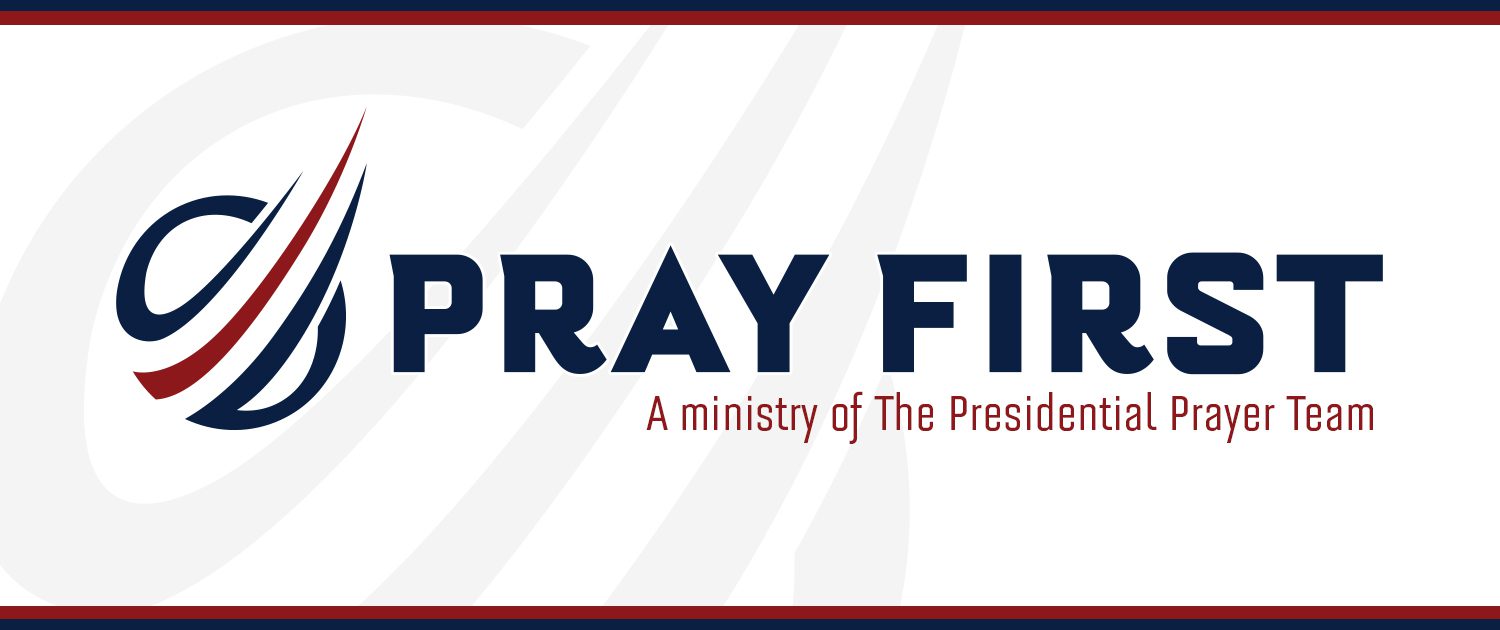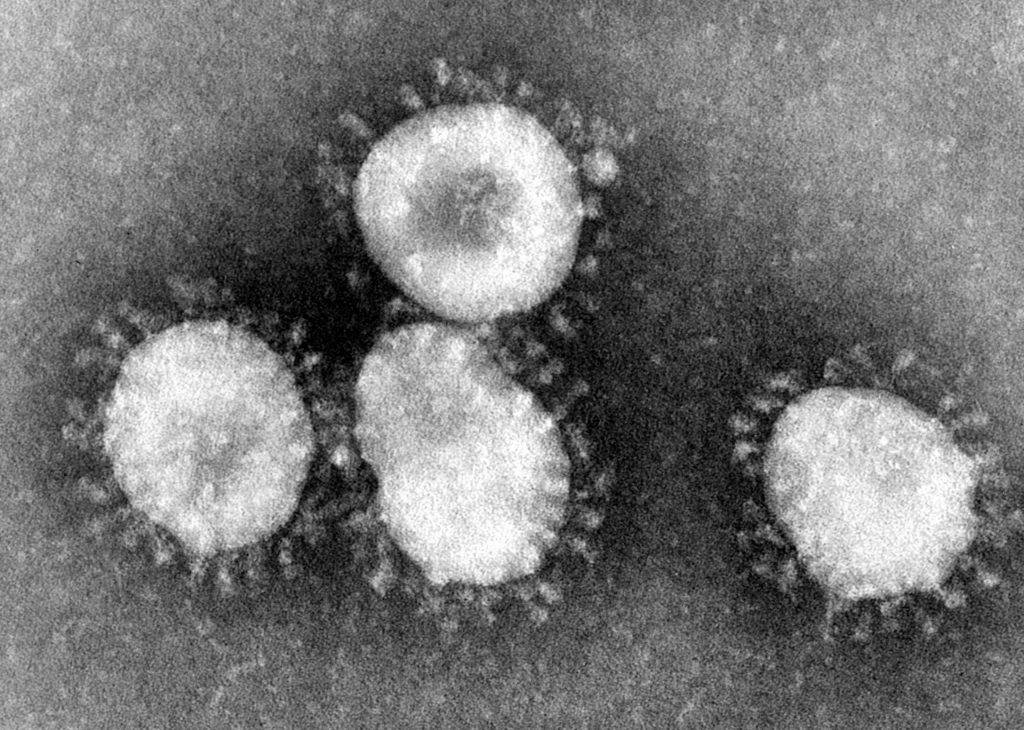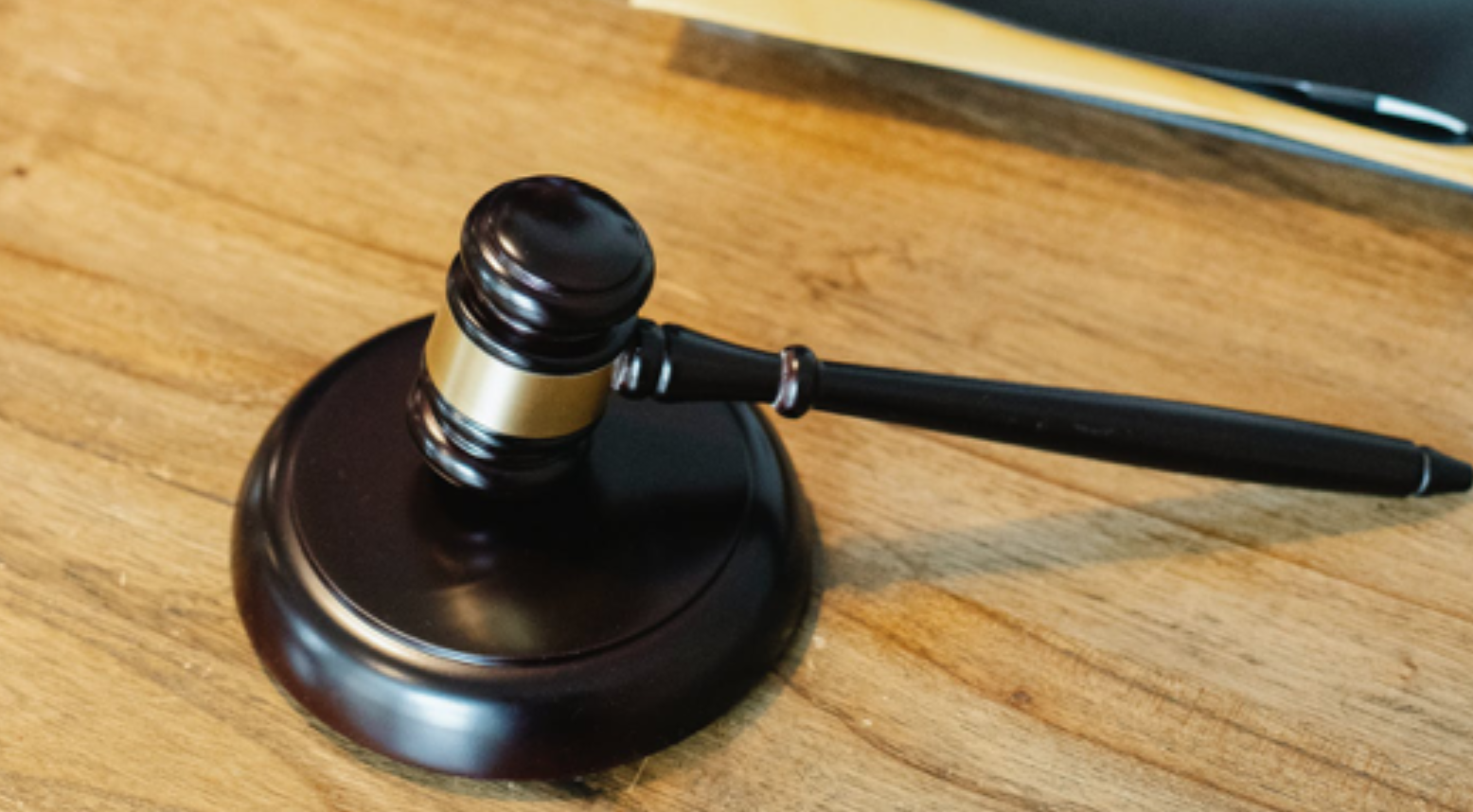
BACK TO HOMEPAGE
THE CORONAVIRUS: What you need to know
The coronavirus, and all of the accounts about it, have created concerns on many levels, as information comes from varied sources, some more reliable than others. Your prayer team is here to help address these concerns and to remind you to PRAY.
First, remember that God is sovereign and He is still in control. “Many are the plans in the mind of a man, but it is the purpose of the Lord that will stand” Proverbs 19:2,1 and “I am the Lord, and there is no other. I form light and create darkness, I make well-being and create calamity, I am the Lord who does all these things” Isaiah 45:6-7, and “Be still, and know that I am God. I will be exalted among the nations. I will be exalted in the earth” Psalm 46:10.
We also gently remind you: “For God gave us a spirit not of fear but of power and love and self-control” 2 Timothy 1:7.
The coronavirus (COVID-19) – What is it?
The coronaviruses are a family of viruses named after their microscopic appearance, of having a crown.

The World Health Organization’s office in China said it began to receive reports in late December of a mystery virus creating a number of pneumonia cases in Wuhan, a city in eastern China of approximately 11 million people.
According to the Centers for Disease Control and Prevention (CDC), coronaviruses are common in camels, cattle, cats, and bats. Person-to-person transmissions are thought to occur when an infected person coughs or sneezes, similar to how influenza and other respiratory pathogens spread. SARS and MERS, as well as the H1N1, came from animals, and this newest virus almost certainly did as well.
In the U.S., influenza has caused 12,000 to 61,000 deaths annually since 2010, according to the CDC. So far in this flu season, there have been at least 34 million flu illnesses, 350,000 hospitalizations, and 20,000 deaths from influenza. At least 136 of those who died were children.
Who is most are risk?
According to the CDC, the people who are at higher risk of getting very sick from this illness include:
- Older adults
- People who have serious chronic medical
conditions like:
- Heart disease
- Diabetes
- Lung disease
If you are among the high-risk population, it is extra important for you to take action to reduce your risk of getting sick. As much as possible, stay home and keep your home clean and well ventilated. Limit your contacts with those who are sick or who have been exposed to someone who has the virus. Do not go out into public places. Avoid any non-essential travel including airline trips, and especially avoid embarking on cruise ships.
Keep your personal hygiene at a high level. Wash your hands often with soap and water.
What are the symptoms?
Systems of the coronavirus, also known as COVID-19, are generally respiratory in nature and resemble the flu and include fever, cough and shortness of breath. Some people develop aches and pains, nasal congestion, a runny nose, sore throat or diarrhea.
If you feel you have developed these symptoms and have been in close contact with a person known to have the virus, or if you have recently traveled from an area with widespread or ongoing community-sspread, stay home and call your doctor.
There are also emergency warning signs for the virus. If you develop these, contact your doctor immediately. These signs include but are not limited to:
- Difficulty breathing or shortness of breath
- Persistent pain or pressure in the chest
- New confusion or inability to arouse
- Bluish lips or face.
What if you feel sick?
If your case is mild, restrict your activities outside your home, except for getting medical care if your doctor suggests that you do. Do not go to work, school, or public areas. Avoid using public transportation, ride-sharing or taxis.
As much as possible, if you are infected with the virus, you should stay in a specific room and away from other people at home—you should “self-quarantine.” Also, you should use a separate bathroom if available. And even though you love them, you should restrict contact with pets and other animals, just like you would other people. (Although there have not been reports of pets or other animals becoming sick with COVID-19, it is still recommended that people sick with COVID-19 limit contact with animals until more information is known about the virus.)
If you have the virus, wash your hands before and after any activity or contact with others and wear a facemask.
Practice good hygiene. Cover your mouth and nose with a tissue when you cough or sneeze. Used tissues should be thrown into a designated trash receptacle. Immediately, wash your hands in soap and warm water for at least 20 seconds. You can clean your hands with alcohol-based hand sanitizers that contain at least 60 percent alcohol. Practice cleanliness and use common sense. Follow your doctor’s directions.








